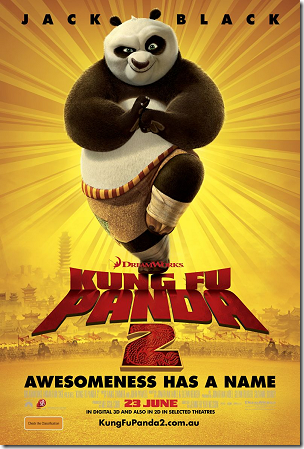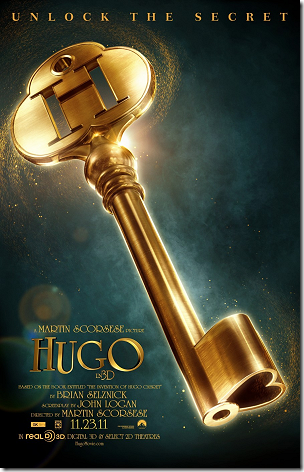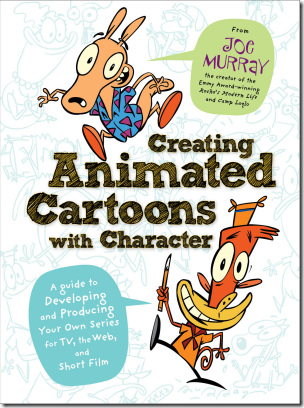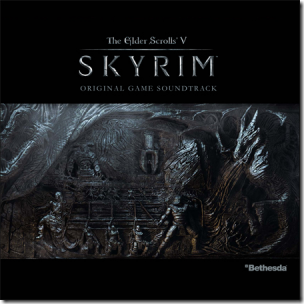I was catching up on some podcast listening earlier today, listening to Writing Excuses, which is the best writing podcast I know of at the moment. In episode 6.9, the podcasting writers answer some questions, one of them being: “As an outliner, when do you start putting in the details?”
Hey, I’m an outliner! But when write my first drafts, I put everything in there. I don’t leave any details out. I write straight through. But, as I’ve stated before, I’ve yet to finish any drafts for novels. I write myself into corners by not following my outlines closely enough, or I get too excited by some idea for a different novel and jump to that one.
I have been changing my ways a bit with “skip the boring parts” advice; I’ll skip around here and there to the most interesting parts of a scene or a group of scenes. But so far I still haven’t done it that often, and I still feel the need to go back and add all the necessary details in before moving on to another chapter or something.
But the answer to this question makes consider the “skip the boring parts” advice differently (at least, from an outliner’s point of view). It’s not just about skipping around here and there; it’s about fleshing out your story in passes. In the podcast, Brandon Sanderson answers that after outlining, he’ll barrel through the first draft, leaving out something like half the detail. Unheard of! Of course! Why hadn’t I thought of that?! Who says you have to write straight ahead, line by line, everything you think needs to be in the final version of the book? Why not do it in passes? After all, there’s no way you can write at the pace a reader reads.
It reminds of animation. Before I bought Richard Williams’s book The Animator’s Survival Kit , I thought just about all animation was done straight-ahead, frame by frame. You look at one frame, then draw the next. No no no no. Maybe if you’re doing claymation, but hardly any 2D or 3D animators work like that. You draw key poses, add in break downs, and the fill it out. Then you go through and do polishing passes — you go through your shot and just consider one element, like a hand’s arcs or something (time permitting).
, I thought just about all animation was done straight-ahead, frame by frame. You look at one frame, then draw the next. No no no no. Maybe if you’re doing claymation, but hardly any 2D or 3D animators work like that. You draw key poses, add in break downs, and the fill it out. Then you go through and do polishing passes — you go through your shot and just consider one element, like a hand’s arcs or something (time permitting).
So why not do something similar with novel-writing? Why don’t I just skip the moments where a bunch of description is needed, when having to figure it out slows my pace?
In animation, you get into a workflow, a method of working. Well, I’m still studying; I still don’t have a set workflow yet. I’m still experimenting with different ways to do almost everything, especially the blocking-to-spline phase.
Having written no novels yet, I don’t have a novel workflow either (and I haven’t written very many short stories either, but my workflow for that, for now, is just straight-ahead writing).
So what I’m going to try to do with my current novel is barrel ahead and just write the most captivating dramatic moments of each chapter. If something will require more description to make sense, I will leave myself a note, like “description of castle gates here” or “set-up of dark dank dungeons here” and I can come fill out all that stuff later, and give it more attention than I would have if my head were focused on the coming dialog or whatever.
Oh, another somewhat unrelated but cool thing Brandon Sanderson said (though I can’t remember which episode, maybe the same one):
This is why practicing and gaining skills as a writer through practice is more important in many ways than preparing for years and years in writing the perfect novel.
Kind of reminds me of a couple people I know who spend years and years trying to get their first novel published in various drafts rather than just working on something new. And then they end up self-publishing…
Not that I’m one to be talking… I can’t even write one novel…







